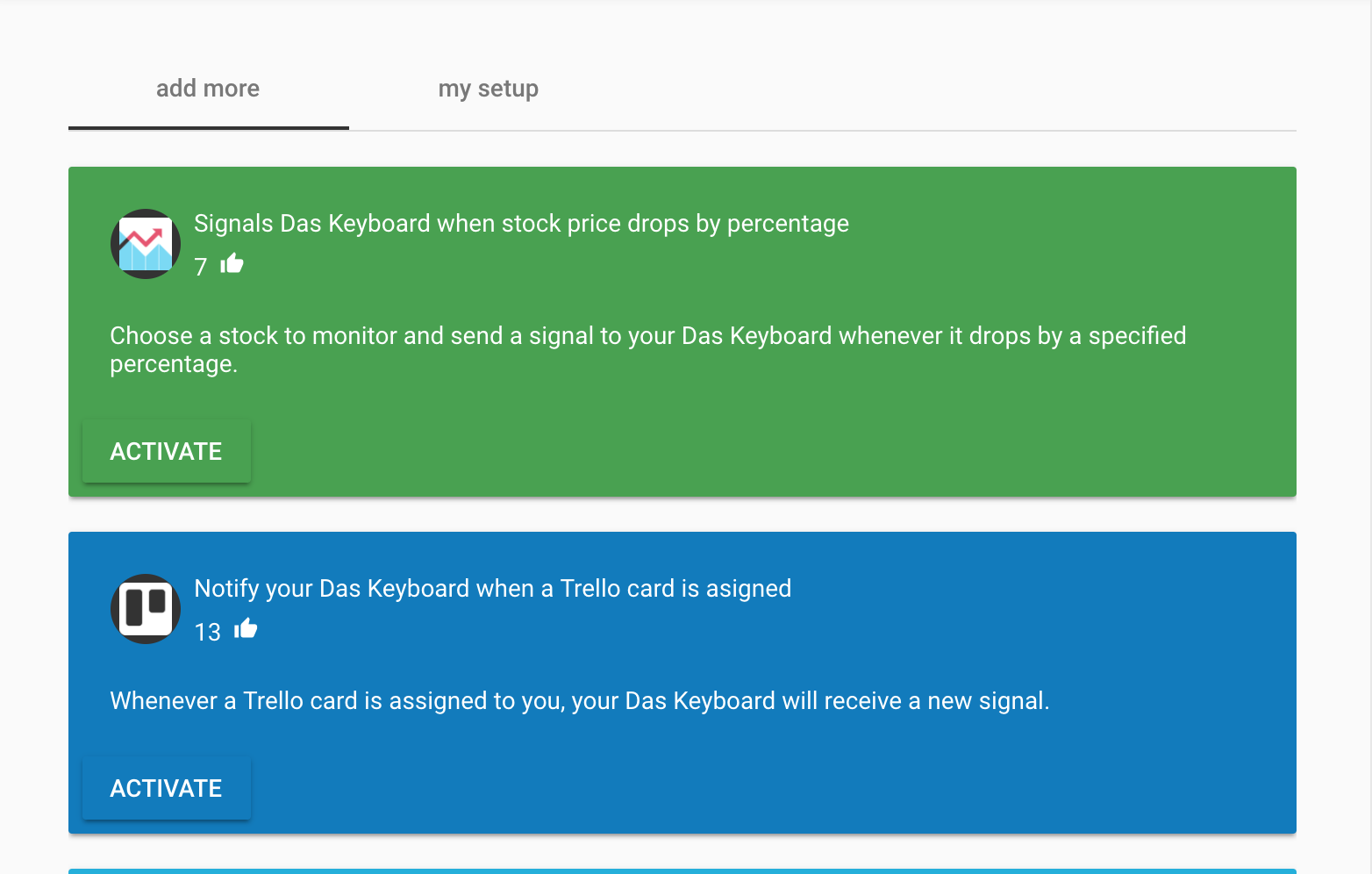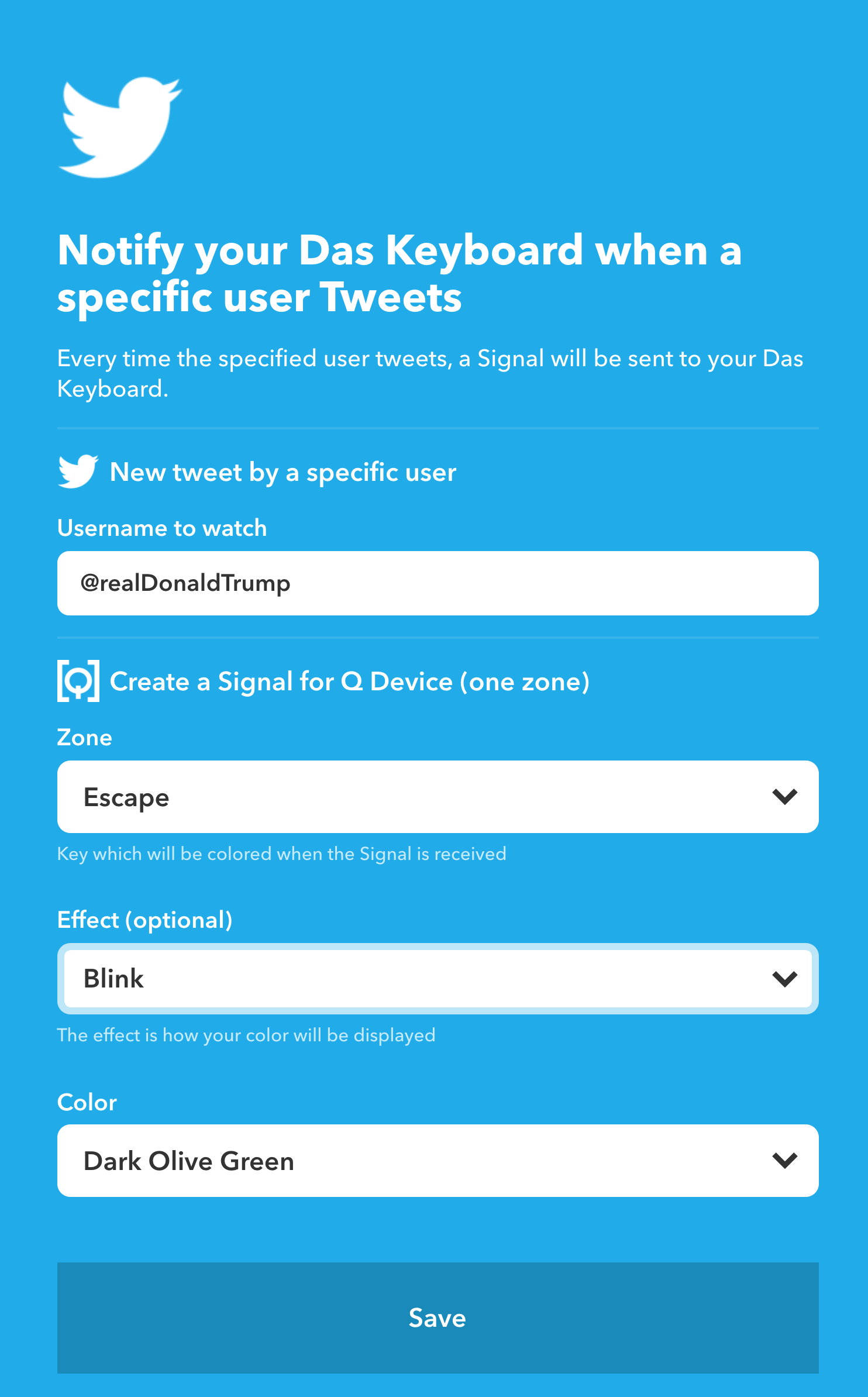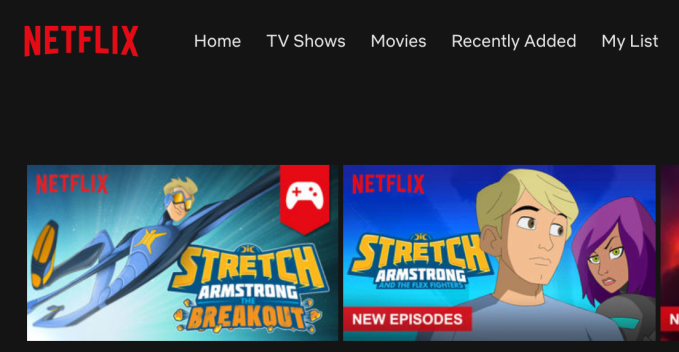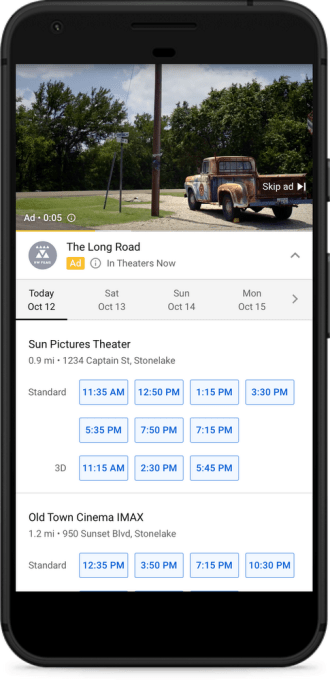Crypto and blockchain enthusiasts have been railing for years against the centralized world of banks, but many have been doing so from the privileged vantage point of developed countries. But what if blockchain technology turned out to be most revolutionary in emerging economies?
Take Africa for instance. Consumers in those countries became so frustrated with the banking fees imposed on their transactions every time the wanted to merely top up their mobile airtime, that airtime minutes alone actually became a form of money. Banking in the way it’s been developed for the developed world simply does not work when a transaction to top up a phone can cost more than the airtime itself.
South African-based startup Wala realised this early on. It had developed a smartphone app which acted like a wallet, facilitating customer transactions via the app with existing banking infrastructure. But the high banking fees for nearly every function was hurting Wala’s customer base and the company’s early business model as a mobile wallet for the smartphone generation.
They needed a Zero-fee solution, but the existing financial system just didn’t work. That’s when they realized they could switch to a cryptocurrency and allow payments across a peer-to-peer network for merchants, offering airtime, data, electricity bills – even the ability to pay school fees.
Today Wala, which raised $1.2 million selling ethereum-based “$DALA” tokens in an initial coin offering (ICO) in December last year, is facilitating thousands of transactions in daily accounts across Uganda, Zimbabwe and South Africa, with most of those are micropayments under $1.
Since the launch of their $DALA currency in May 2018 (currently accessible through the Wala mobile application) over 100,000 $DALA wallets have been opened and over 2.5 million $DALA transactions have been processed, says the company. The multi-chain crypto asset – at least right now – uses Ether for the wallet and Stellar for transactions, though it is not locked to any one platform.
Through $DALA protocols (Kopa, Soko and Kazi), consumers have access to borderless, low cost, efficient, and unique financial services enabling them to earn, save, borrow, and transact in a new, decentralized, financial system.
But Wala does not plan to stop there.
Today, Dala, announces it has partnered with a gigawatt-scale solar program for Uganda to create a blockchain-enabled clean energy economy.
Here’s how it’s going to work:
Long-time energy company CleanPath Emerging Markets Uganda (CPEM) is partnering with the Ugandan Government and the Ugandan Ministry of Energy and Mineral Development on the project which will mean Ugandans are able to buy solar energy using $DALA from this massive new infrastructure project.
CPEM will use the DALA blockchain platform to manage its ledger, its vendor contracts, and its partner commitments. The company has over 11,000 MWs of renewable energy experience already under its belt.
The $1.5 billion program aims to create a new clean energy economy in Uganda, not only creating employment and kick-starting a clean energy economy but new economic development in Uganda. Ugandan consumers will be able to buy solar power in $DALA, workers to be paid in $DALA and the program will even run on $DALA.
Tricia Martinez, Wala cofounder and CEO, told me at the recent Pathfounder event in Oslo: “The numbers we’ve seen since the launch of $DALA have been staggering, and a large portion of our current users are Ugandan, so this partnership is a natural next step to allow users the opportunity to further benefit from using $DALA. The high level of user traffic also shows us that Ugandans are ready to use crypto assets in their day-to-day transactions.”
But the story wouldn’t have come about without an enlightened African Prince who could have stepped straight out of the mythical kingdom of Wakanda, as featured in the recent smash hit Black Panther movie.

For the founder of CPEM is Prince Kudra Kalema of the Bugandan Kingdom (a Ugandan royal family), whose ancestry goes back to at least the 14th Century. Buganda is now a kingdom monarchy with a large degree of autonomy from the Ugandan state.
“We’re truly excited about this program and our partnership with Dala”, says Prince Kudra Kalema of the Buganda Kingdom, who is also Managing Partner and Co-Founder at CP-EM. “By providing Ugandans with an opportunity to access clean energy through $DALA, we’re fostering a more inclusive decentralized financial system not possible with legacy technologies.”
In an exclusive interview with TechCrunch, Prince Kalema told me: “My family considers itself to be the custodian of the land, and I have been searching for about a decade to find solutions that would improve the country. But what could we work on when people couldn’t even switch their lights on?”
It became obvious to him that the biggest issue was affordable electricity. And to do it in a renewable way, and it had to be solar. Microgrids turned out not to be the solution. And it had to be at scale.
But the question is, why did he hit on cryptocurrency?
“We began using the $DALA protocol because it became very clear that the financial structure in Uganda was not adequate. It was clear we needed something. There is no way the Uganda Shilling is stable enough for the type of programme we are doing. Wala was already invested in the same country and wasn’t just about the idea of a running a crypto coin in an emerging market, but was also about creating the best type of financial institutions for the country. That goes hand in hand with what we are doing. It became a no-brainer.”
“Ugandans are saying that what we have right now does not work.” — Prince Kudra Kalema
He says the $DALA crypto combined with his solar project will be much easier to run in Uganda than in countries like the US: “Over 80% of Ugandans are under 35, and very well educated. I don’t like the term leap-frogging, but this is what this is. They don’t have to unlearn anything that was there before. They are eager to figure out and learn about a solution that will help them. When you look at how quickly mobile money was adopted by Ugandans — it became powerful not because it was imposed but because people yearned for it. Ugandans are saying that what we have right now does not work. The banking transaction fees, the cost of remittances… — it’s difficult for them to be enthusiastic about something they know doesn’t work already.”
Uganda continues to be a market hungry to adopt new technology, and the recent announcement that Binance is launching a fiat to crypto exchange in the country is a recent example of this.
He added: “Uganda has always been at the forefront of these types of things. Even before we were a protectorate of the British Empire, Uganda was part of the region where people would travel to find out how to deal with things in Africa. We had an intricate tribal system. The British didn’t invade, they made it a protectorate because of this.”
The details of the plan are ambitious. Prince Kalema’s CPEM plans to create a gigawatt-scale solar power development program in Uganda providing clean energy to 25% of the population and creating 200,000 new jobs in the clean energy economy.
The program would more than double the current electricity generation capacity in Uganda (equivalent of about 2 average US coal power plants) where 75% of the UG population has no access to energy.
By using $DALA Ugandans will be able to consume energy at zero transaction fees, use it for everyday purchases, and also convert it back to fiat Ugandan currency via agents/merchants and cryptocurrency exchanges.
It will even allow CPEM and the government of Uganda to make grants of free power available to the poorest, while keeping a completely auditable and tamper-proof record of these grants.

The story of how a small startup came to take African markets by storm begins in 2014.
Initially backed by angel investor and a social-impact VC (Impact Engine) in the US, Tricia Martinez’s Wala (pictured above) joined the Barclays Techstars Accelerator in London in 2016. It later set up shop in Cape Town, South Africa and started growing its team (it’s now at a total of 12 staff).
Not long after, South African VC Newtown Partners invested and Wala then issued the $DALA crypto-asset and set up the Dala foundation. It’s perhaps no coincidence that Newtown is headed-up by Vinny Linghams (of the well-known Civic and ethereum-based, project).
Martinez is passionate that cryptocurrency is going to be the solution emerging markets like Africa have wanted and needed for years: “The fact that the unit of account and store of value for this program is $DALA proves its utility and shows its potential to become a preferred financial system across emerging markets. We’re excited to be involved from the ground-level and look forward to playing our part in creating a just and accessible financial system for consumers.”
She says both the Prince and the Ugandan government “needed a partner that can help drive the financial inclusion to get them into a more efficient digital system. That’s when they heard about us. When we started talking we both saw the opportunity to actually build an entire ecosystem built on a crypto asset.”
“So it’s not just that consumers are buying that energy cryptocurrency, but the workers who are building our energy grids will get paid in it. So they’ve become very passionate about blockchain especially from the energy perspective, to create transparency. Working with the government to create more accountable records of what they’re building out could even reduce the potential for corruption.”
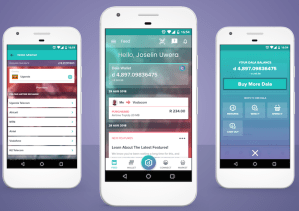
As Martinez points out: “In the hands of over 100,000 users in Uganda, already people are purchasing their electricity needs, products and services. The goal with this project is for people who are getting the energy to be able to then tap into all these other services that we offer. We’re also going to be launching cashing agents so that people can go to those mobile money agents around the corner to cash in and cash out to their wallet.”
It’s clearly a big project. Some observers will see the words ‘Uganda and Cryptocurrency’ in the same sentence and no doubt come out with some kind of trite, dismissive, assessment.
But Wala’s experience on the ground — and it cannot be emphasized enough how important that is, compared to the armchair commentators at most blockchain conferences in the Western world — combined with the hunger of an emerging nation, a passionate Prince and the ingenuity of its people should not be underestimated.

